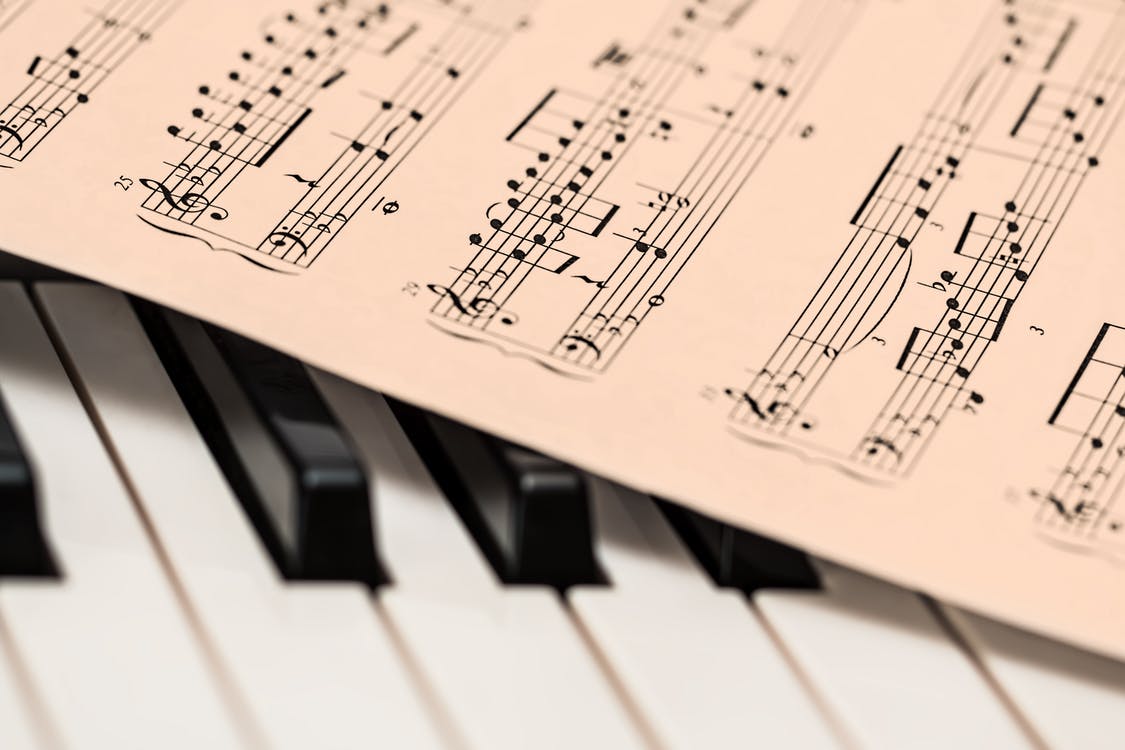The Essence of Acoustic Pianos
Rich, Authentic Sound
Acoustic pianos are renowned for their rich, authentic sound. This is achieved through the vibration of strings when keys are struck by hammers. The sound produced is organic and resonant, providing a dynamic range and depth that digital pianos often strive to replicate.
Touch and Feel
One of the most significant advantages of an acoustic piano is the touch and feel of the keys. Acoustic pianos have weighted keys that respond to the pianist’s touch, offering a tactile feedback that enhances the playing experience. This physical connection to the instrument is often cited as irreplaceable by many musicians.
Construction and Durability
Acoustic pianos are constructed from high-quality materials such as wood and metal, contributing to their durability and longevity. With proper maintenance, an acoustic piano can last for generations, becoming a cherished family heirloom.
Aesthetic Appeal
Beyond their musical capabilities, acoustic pianos also serve as elegant pieces of furniture. Their classic design and craftsmanship add a touch of sophistication to any room.
The Advantages of Digital Pianos
Versatility and Features
Digital pianos offer a range of features that make them incredibly versatile. Many models come with various instrument sounds, recording capabilities, and connectivity options such as USB and MIDI. This makes them suitable for modern musicians who want to integrate their piano into a digital setup.
Portability
One of the most compelling advantages of digital pianos is their portability. Unlike acoustic pianos, which are heavy and cumbersome, digital pianos are lighter and more compact. This makes them ideal for musicians who need to move their instrument frequently.
Volume Control and Headphone Use
Digital pianos provide volume control, which is a significant advantage for those living in shared spaces or apartments. Additionally, they often include headphone jacks, allowing for silent practice without disturbing others.
Maintenance-Free
Unlike acoustic pianos, digital pianos do not require regular tuning or maintenance. This makes them a cost-effective option for many musicians.
Comparing Sound Quality
Acoustic Pianos
The sound of an acoustic piano is created by the vibration of strings and the resonance of the wooden soundboard. This produces a complex, rich tone with natural overtones and harmonics. The sound varies depending on the make and model of the piano, as well as the environment in which it is placed.
Digital Pianos
Digital pianos use high-quality samples from acoustic pianos to produce sound. Advanced models employ sophisticated technology to mimic the nuances of an acoustic piano’s sound, including string resonance and pedal effects. While modern digital pianos have made significant strides in sound quality, some purists argue that they still lack the full depth and warmth of an acoustic piano.
Playing Experience
Key Action
Acoustic pianos have a mechanical action where the keys trigger hammers to strike strings. This provides a responsive touch that many pianists find essential. The weight and resistance of the keys can vary, adding to the instrument’s expressiveness.
Digital pianos often feature weighted keys designed to simulate the feel of an acoustic piano. Higher-end models offer graded hammer action, where the keys are heavier in the lower register and lighter in the upper register, closely replicating the feel of an acoustic piano.
Pedal Functionality
Acoustic pianos come with three pedals that control various aspects of the sound, such as sustain and softening. Digital pianos also include pedals, but the functionality can vary by model. Advanced digital pianos replicate the pedal behavior of acoustic pianos quite accurately.
Environmental Considerations
Space and Placement
Acoustic pianos require a significant amount of space and need to be placed in a stable environment to maintain their tuning and structural integrity. They should be kept away from direct sunlight, humidity, and temperature fluctuations.
Digital pianos, on the other hand, are more adaptable to various environments. They are less affected by temperature and humidity changes, making them suitable for smaller spaces and more varied settings.
Noise Levels
The sound of an acoustic piano is naturally loud and can carry through walls and floors, which may not be ideal in all living situations. Digital pianos offer the flexibility of adjusting volume levels or using headphones for silent practice, making them more suitable for apartments and shared living spaces.
Cost Considerations
Initial Investment
Acoustic pianos typically require a higher initial investment compared to digital pianos. The price can vary widely based on the brand, size, and condition of the piano.
Digital pianos generally offer a more budget-friendly option. They provide a range of prices and features, allowing musicians to choose a model that fits their budget and needs.
Maintenance Costs
Acoustic pianos require regular tuning and maintenance, which can add to the overall cost over time. Digital pianos, however, are virtually maintenance-free, with no tuning required and fewer parts that can wear out.
Our company is a comprehensive enterprise ingratiating research and development, design, production, sales and service. We produce several kinds of electronic piano for all over the world.
If you want to know more details, add my
whatsapp: +86 17706062278. Gmail: anngood88day@gmail.com





